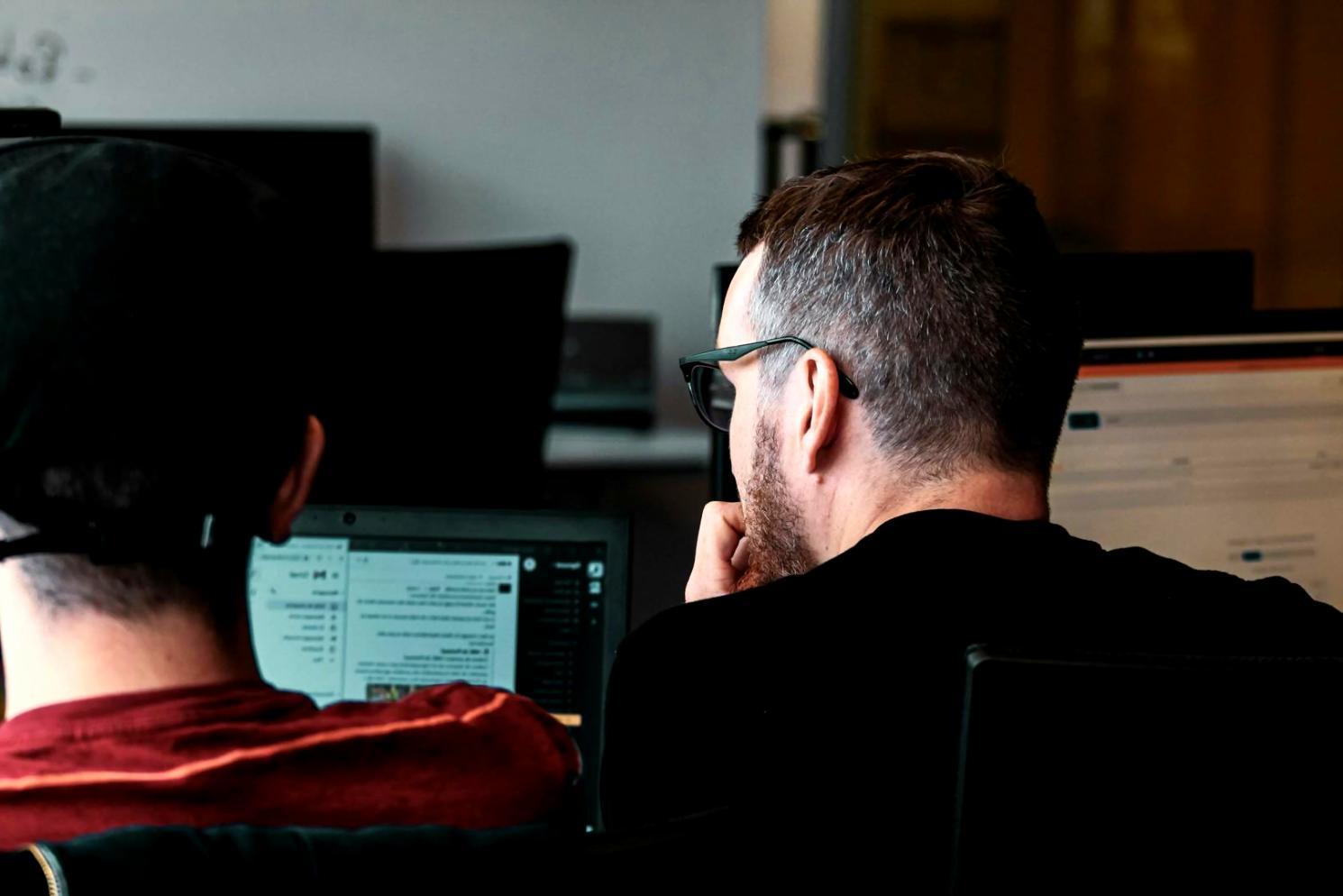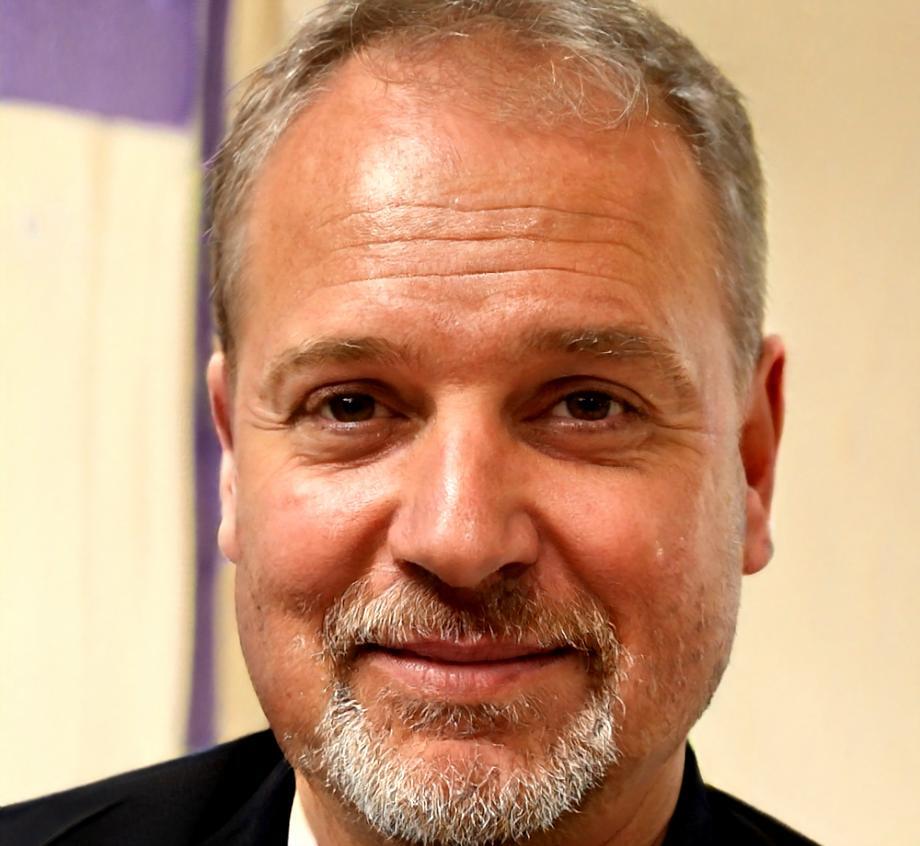Why Activity Budgeting Works Better
Traditional budgets tell you how much you spend on "food" or "entertainment." That's not how life works. You don't just buy food — you pack lunches, go out with friends, or host dinner parties.
Activity budgeting connects spending to what you actually do. It answers questions like: How much does my weekend hiking hobby really cost? What's the true price of working from that coffee shop?
- Track costs by actual life activities, not arbitrary categories
- Spot hidden expenses that traditional budgets miss completely
- Make trade-off decisions based on what you value most
- Adjust spending in ways that don't feel like deprivation




